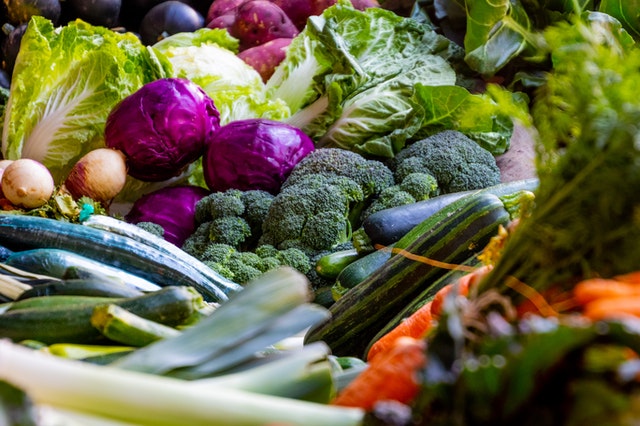
As we are closing in on 1 year since the coronavirus global pandemic has changed everything; it can be difficult to remember what it felt like to attend big events. But, as vaccines continue to roll out across the globe, it’s beginning to feel like social gatherings will be safe once again in the near future.
When we return to “normal” it will be important to bring sustainable practices with us. I worked at university catering for nearly 4 years.; and after seeing how much waste goes into a single event, I began changing my habits to reduce my environmental footprint.
In this article, I will walk you through each step of the event process and give practical tips on how to be the most sustainable guest at ANY event.
Transportation:
Before an event begins, we’ve got to get there! Whether it be for work, school, or social gatherings- we are always on the move. The transportation sector produces 29% of all carbon emissions in the US- most of which comes from personal vehicles. To reduce your carbon emissions, consider alternative modes of transportation when going to your next destination.
The most sustainable transportation method is on foot. Whether that be biking, walking, or running. If this is a safe option for your situation, I highly recommend it! Not only does this approach create zero greenhouse gas emissions, but you can also use this time to reflect, appreciate the surrounding environment, or even chat with a friend!
Realistically, this isn’t always an option. The next best option would be public transportation! Personally, this is my favorite way to get around because it’s a different experience every time. Not to mention, it creates less greenhouse gas emissions than a personal vehicle.
Finally, not everyone lives in an area with safe, reliable public transportation. If neither of those options worked for your situation- consider carpooling. The average passenger vehicle emits about 4.6 metric tons of Carbon Dioxide per year. By carpooling, you decrease the number of vehicles on the road while allowing some extra time with close friends.

RSVP for the event:
One of the best reasons to attend any event is for the food! Today, many event hosts will send out a list of meal requests along with RSVPs. The most sustainable choice to make here would be to choose vegetarian or vegan meal options.
Livestock accounts for14.5%of total greenhouse gas emissions. By choosing to eat vegetarian meals, even just a couple of times a week, you are making a direct impact on the environment. Join the 25% of Americans who have decided to cut back on their meat consumption.
At the event:
Finally! You’ve arrived at the event! You’ve gotten here the most sustainable way and are excited about your meal. But you realize they have Styrofoam plates instead of china. Don’t worry- you’ve planned ahead by bringing your own zero-waste kit.
When attending an event- it is always a good idea to bring your own reusable utensils. This can include plates, cups, cloth napkins, and more. Outside of the food itself, disposable cutlery can be the biggest contributor to the landfill.
Leftovers:
I am a HUGE fan of leftovers. The thought of not having to cook a meal because you made more than needed the night before makes my life so much easier. But at events- there’s usually an overwhelming amount of leftovers.
Food waste contributes heavily to carbon emissions.Toeliminate your food waste, first, get an appropriate amount of food on your plate. It’s better to go back for seconds rather than only eating half a plate.
Secondly, if you’re attending a large event, chances are there will be leftover food. Having worked in the catering industry for years, I know that most of the uneaten food will end up in a landfill where it then produces carbon emissions. In fact, a typical event wastes between 15 – 20% of purchased food.
Along with your reusable cutlery, think of bringing a reusable “to-go” container. This way you get an extra meal and stop more food from being thrown away!
Post-event:
After the event, think about how you can make similar events more sustainable in the future. If this is a recurring event, take note of what you would change- and then volunteer to help plan the event to make it more sustainable.
If sustainable event planning interests you, read the article, “4 Ways to Make Your Event More Eco- Friendly.”
Although everyone won’t agree with the need to make sustainable lifestyle changes- you still have control over your own actions. It’s extremely important to do better where and when we can in order to protect our planet.



